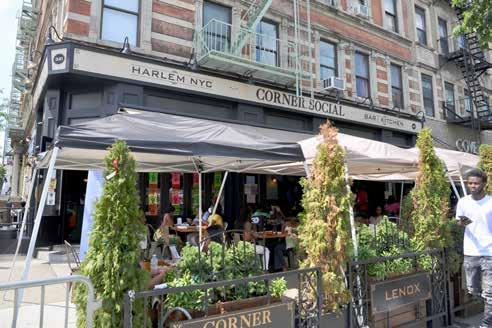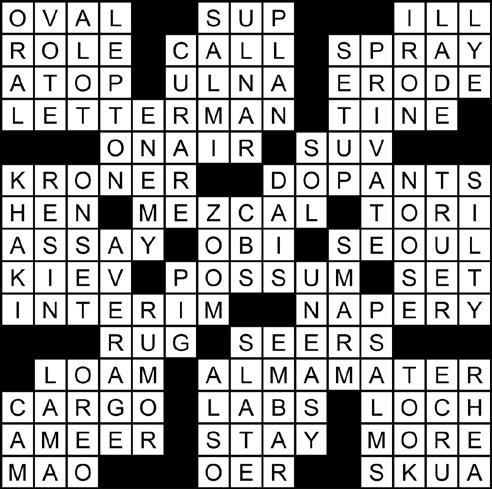
2 minute read
Real Estate
HARLEM COMMUNITY NEWSPAPERS
Cross-Bore: What Every Homeowner Should Know
Advertisement
(Statepoint)
In the midst of the coronavirus pandemic, learning about crossbore is important, as cer tain lifestyle changes you may have made over the past few months could turn an existing cross-bore condition into a potentially dangerous situation. Fortu nately, unlike many items on your list of concerns these days, cross-bore is something that you can do something about besides just worry.
So, what is a “crossbore” is and why is it im portant for you to know about it? Simply put, a “cross-bore” is the unin tended intersection of two utility lines. This article is concerned specifical ly with natural gas utility and unpressurized sani tary sewer lines, both of which you likely have on your property. An “un intended intersection,” means the penetration of a sanitary sewer line by a gas utility line. According to the Cross Bore Safety Association, this is not an uncommon condition and, although statistics vary, some estimates suggest that it occurs at an average rate of 0.4 cross-bores per mile of sewer line. So how does it happen?
Cross-bores most fre quently occur in association with “trenchless” methods of utility line in stallation. In other words, it involves installing a util ity line without digging up the ground. The reasons for doing this typically in volve minimizing surface disruption, increasing the speed of installation, and
Cross-bore is the unintended intersection of two utility lines.
reducing costs. The down side to this method is that historically, installers have not been able see when the installed utility line pene trates a sanitary sewer line. The immediate result is typically uneventful, until the affected sewer line be comes blocked.
As far back as 1976, there have been docu mented incidents of attempts to clear blocked sewer lines where there is an undiscovered crossbore. The resulting rup ture of the intersecting gas utility line by some mechanical device, like a root-cutter, allows gas to enter a home through the sewer where it is acciden tally ignited, causing an explosion.
As the existence of cross-bores has become better understood, steps are being taken to elimi nate existing cross-bores, and to prevent them from occurring at all. Still, many “legacy” cross-bores re main.
If you’ve been wonder ing what all of this has to do with the coronavirus pandemic and home quar antine, it’s this: More people at home for more hours means more sanitary sewer use, and the scarcity of toi let paper means more people using alternative materials that are not designed to degrade in a sanitary sewer environment. The inevitable result? More blocked sewer lines.
According to experts, here’s the part where you can make a difference – one that can actually save lives. First, be mindful to put only toilet paper into the sewer. Second, in the event you have trouble with your sewer line, make sure your plumber uses a camera to visualize any blockage before attempt ing to remove it.
To see what a crossbore looks like, and to learn more about excava tion safety, visit SafeExcavator.com/cross-bore.
Now you know about cross-bores and how, as a homeowner, to deal safely with a potential cross-bore situation.
FOXWORTHREALTYONLINE.COM
WE ARE FOXWORTH REALTY

IN OCTOBER 2008, EUGENIA C. FOXWORTH OPENED THIS UNIQUE REAL ESTATE BOUTIQUE… IT IS LOCAL, NATIONAL AND GLOBAL. IT IS LOCAL, NATIONAL AND GLOBAL. “WE MAKE THE DEALS HAPPEN!” 212.368.4902 212.368.4903 1524 Am STERDA m Av E ., N.Y., NY 10031







